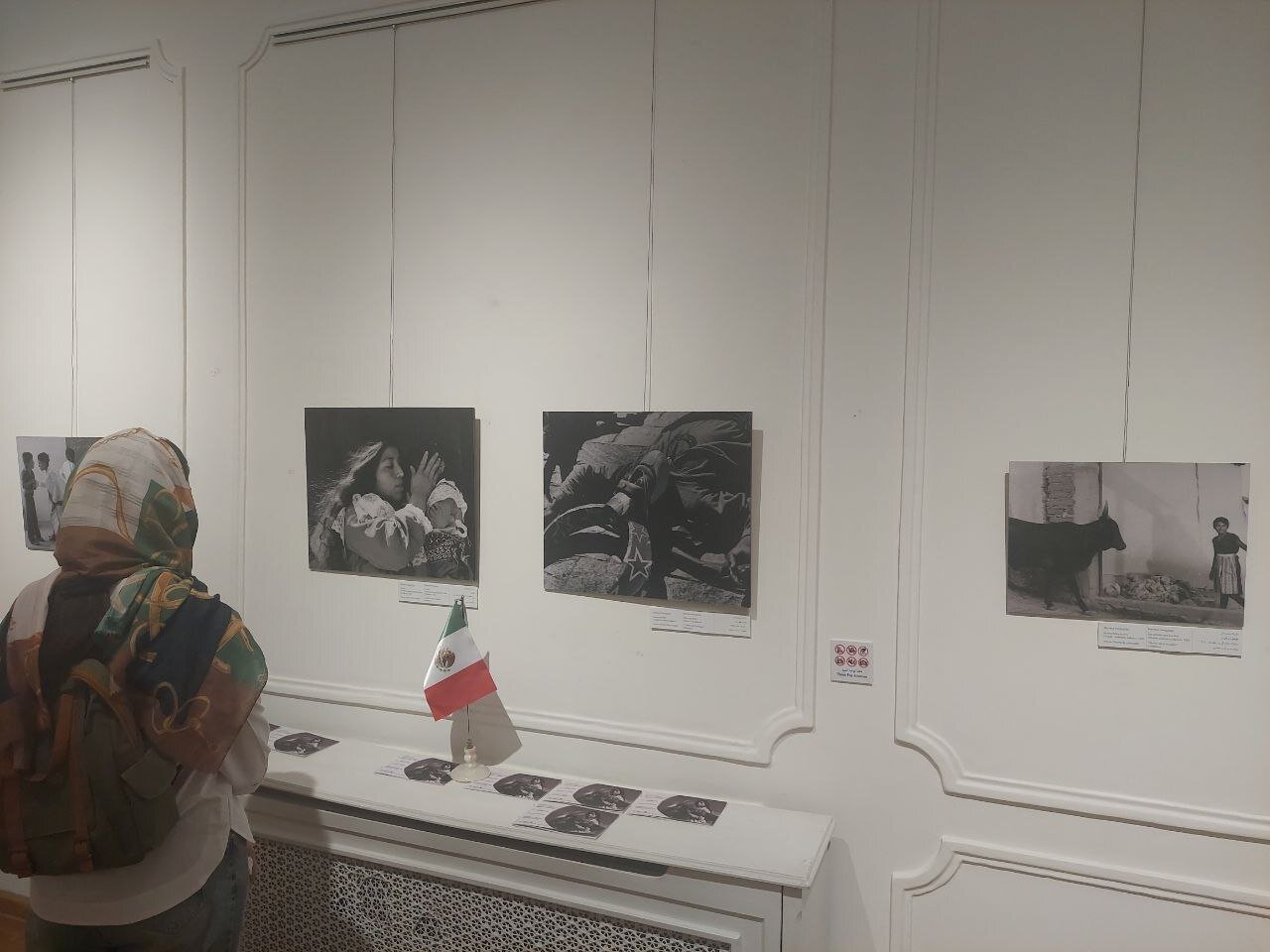
Similar Posts
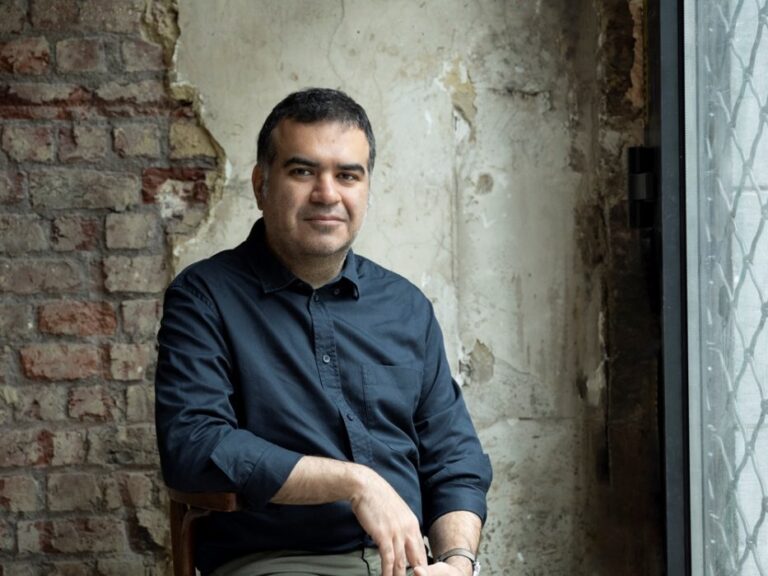
Iranian Theater Visionary Amir Reza Koohestani Takes the Helm of 34th Ecole des Maîtres
Amir Reza Koohestani, a renowned Iranian theater director, has been invited to lead the 34th Ecole des Maîtres (School of Masters), an advanced theater training program running from August 26 to October 3 across several European cities. His workshop, “Daily Life as Performance,” encourages participants to transform everyday experiences into dramatic narratives through reflective journaling and the use of personal objects. The program will host 16 participants, promoting diversity in gender, origin, and culture. Established in 1990, the Ecole des Maîtres aims to connect emerging actors with established directors, enhancing theatrical skills through collaborative learning.
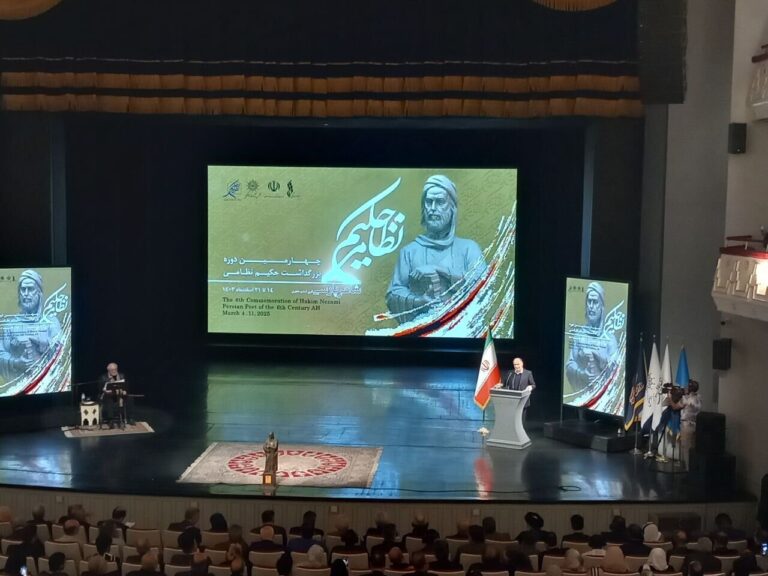
Tehran Pays Tribute to Hakim Nizami: Celebrating a Timeless Legacy
Hakim Nizami, a celebrated poet in Persian literature, was honored during the fourth Nizami Ganjavi Commemoration Day on March 12 in Tehran. Culture Minister Seyyed Abbas Salehi highlighted Nizami’s exploration of earthly and divine love, stating his poetry intricately weaves these themes. The ceremony, attended by cultural representatives from various countries, recognized Nizami’s impact on the literary landscape of Iran and beyond, particularly through his magnum opus, the ‘Khamsa’ (Five Treasures). His works continue to inspire poets across regions, and ongoing celebrations throughout Iran emphasize his enduring legacy and cultural significance.

Discover Erich Maria Remarque’s ‘Heaven Has No Favorites’ Now in Persian: A Timeless Tale Awaits!
The newly released Persian translation of Erich Maria Remarque’s novel “Heaven Has No Favorites” is now available in Iran. Translated by Ajdar Angoshtari and published by Ofogh Publication, the 360-page novel, set against the 1948 automobile racing backdrop, follows racer Clerfayt who visits a sick friend, Hollmann, in a Swiss sanatorium. There, he meets Lillian, a terminally ill Belgian woman, and they embark on a journey across Europe, falling in love despite her illness. The narrative explores themes of love, loss, and the human experience, culminating in tragedy as both characters face the harsh realities of life and death.
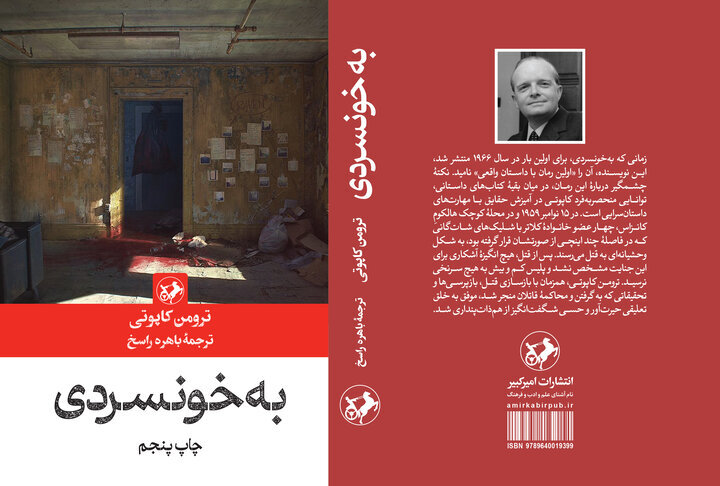
Persian Edition of Truman Capote’s ‘In Cold Blood’ Makes a Stunning Comeback!
Amir Kabir Publications in Tehran has released the fifth Persian edition of Truman Capote’s landmark 1966 novel, “In Cold Blood,” translated by Bahereh Rasekh. The book tells the true story of the brutal 1959 murder of the Clutter family in Kansas, blending journalism and literature to redefine true crime narratives. Capote’s six years of intensive research reveal the complexities of both the victims and their murderers, Dick Hickock and Perry Smith. The crime’s impact on the Holcomb community and Capote’s exploration of human psychology continue to resonate, making this work a significant contribution to American literature.
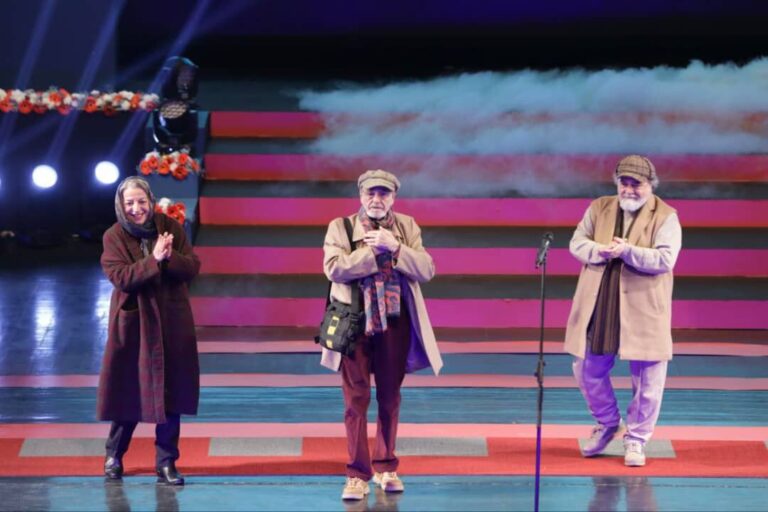
43rd Fajr Film Festival Celebrates Iranian Cinema Legends: Honoring Three Distinguished Icons
The 43rd Fajr Film Festival commenced on Thursday in Tehran, featuring a grand ceremony with Culture Minister Seyyed Abbas Salehi and prominent artists. The event honored three cinema legends: filmmaker Sirus Alvand, actor Reza Babak, and voice artist Manoochehr Valizadeh. Alvand, celebrated for his family-oriented films, received a tribute on his 74th birthday, while Babak, a key figure in children’s theater and cinema, expressed gratitude for the recognition. Valizadeh, unable to attend due to health issues, shared his reflections via a recorded interview. The festival runs from January 31 to February 10, showcasing 33 competing films and various artistic awards.
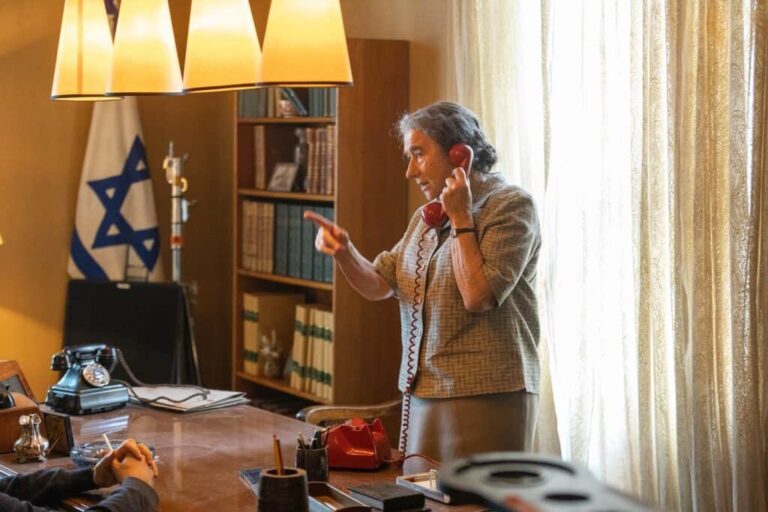
Unmasking Hollywood’s Selective Memory: How ‘Golda’ Mutes Essential Critiques
Hollywood’s portrayal of Zionism, particularly in the 2023 biopic “Golda,” directed by Guy Nattiv and starring Helen Mirren as Israeli Prime Minister Golda Meir, reflects a longstanding trend of sidelining Palestinian narratives. While the film highlights Meir’s leadership during the 1973 Yom Kippur War, it neglects the complexities of the conflict and the Palestinian experience, representing Arab forces as a faceless threat. Critics argue that this glorification of Meir perpetuates a simplistic view of Israeli resilience, omitting the broader historical context and the ongoing occupation. The film underscores Hollywood’s role in shaping biased historical narratives, emphasizing the need for more inclusive storytelling.